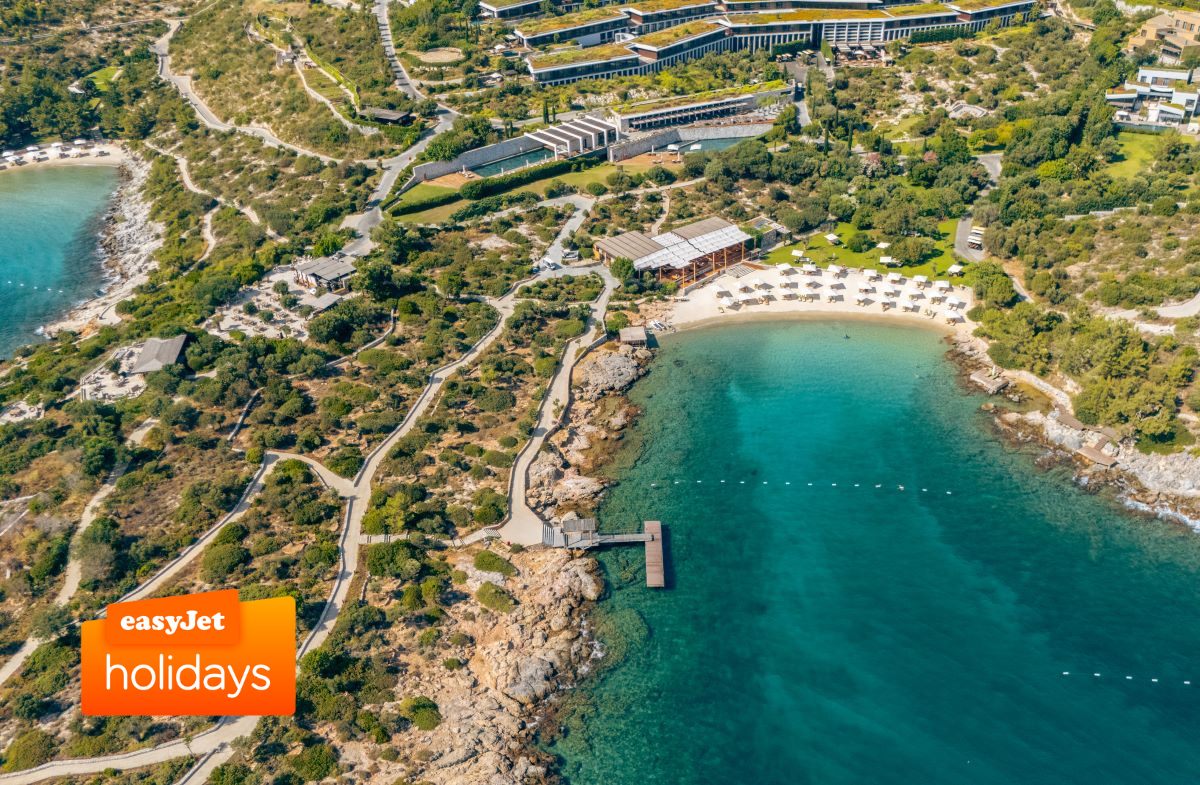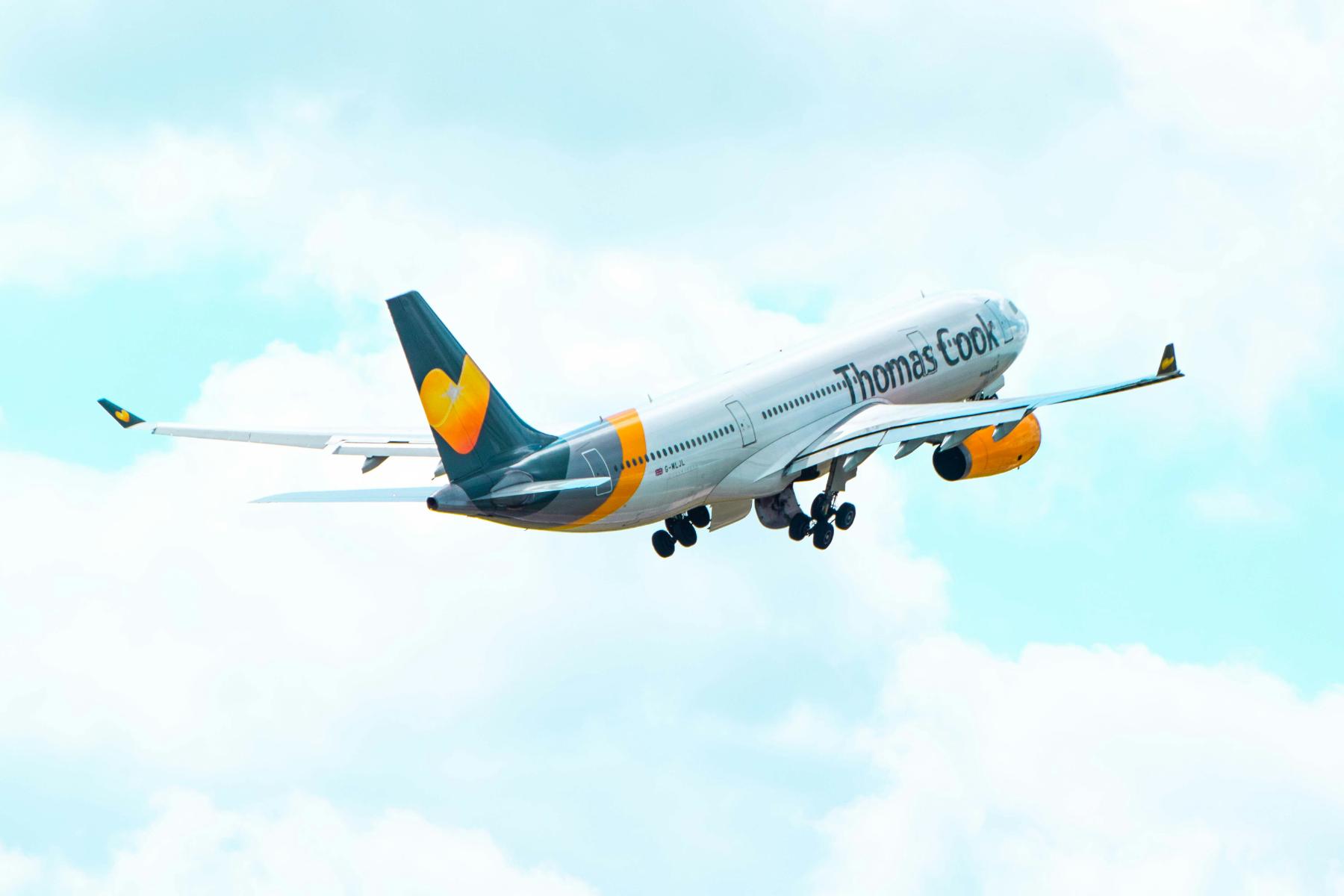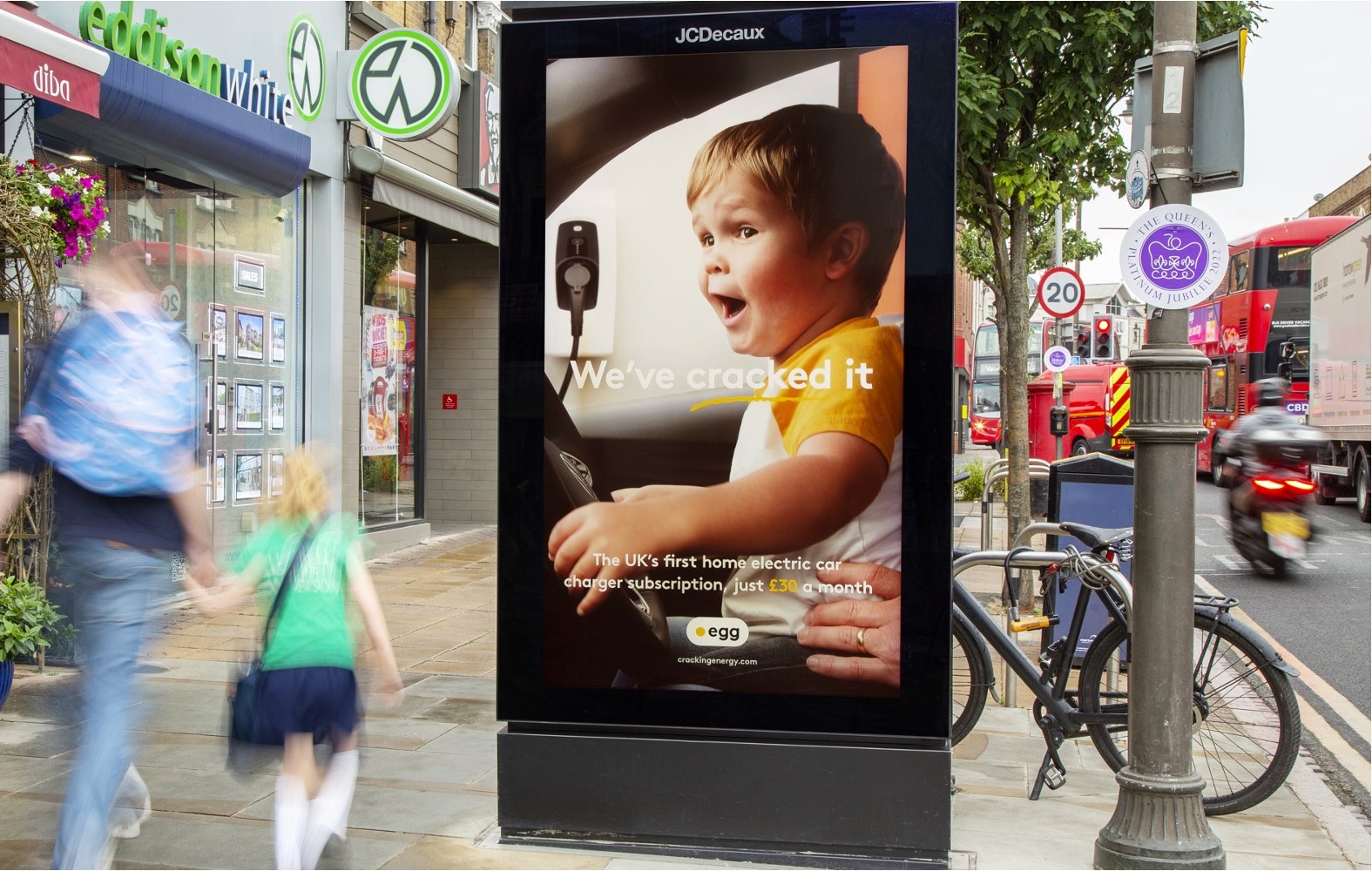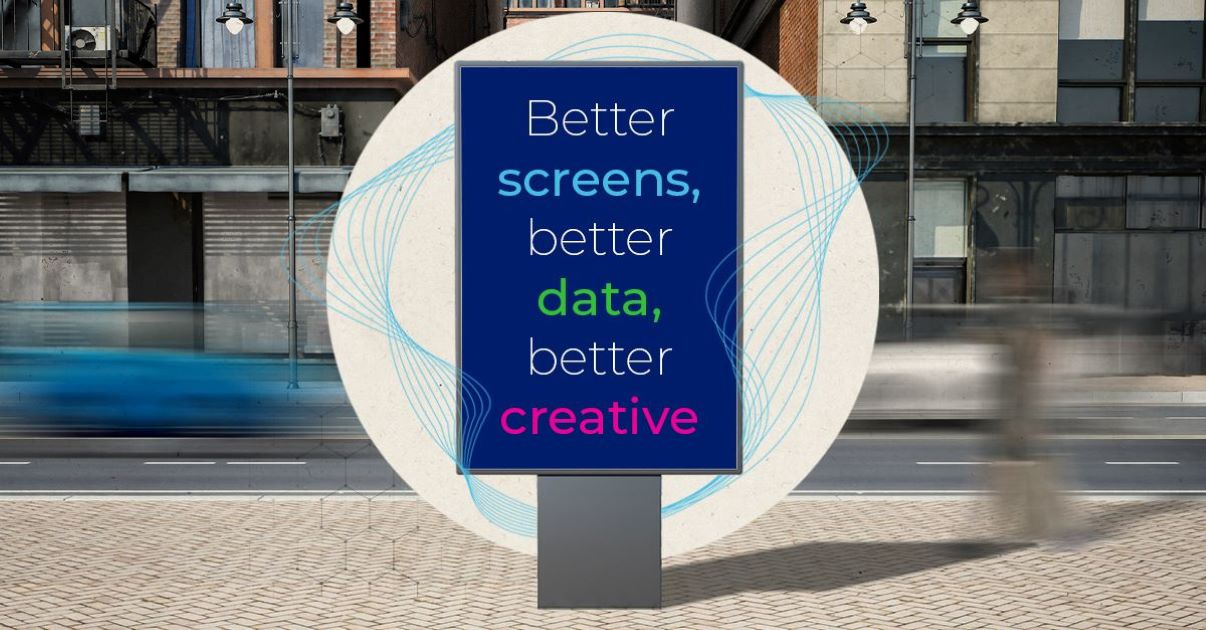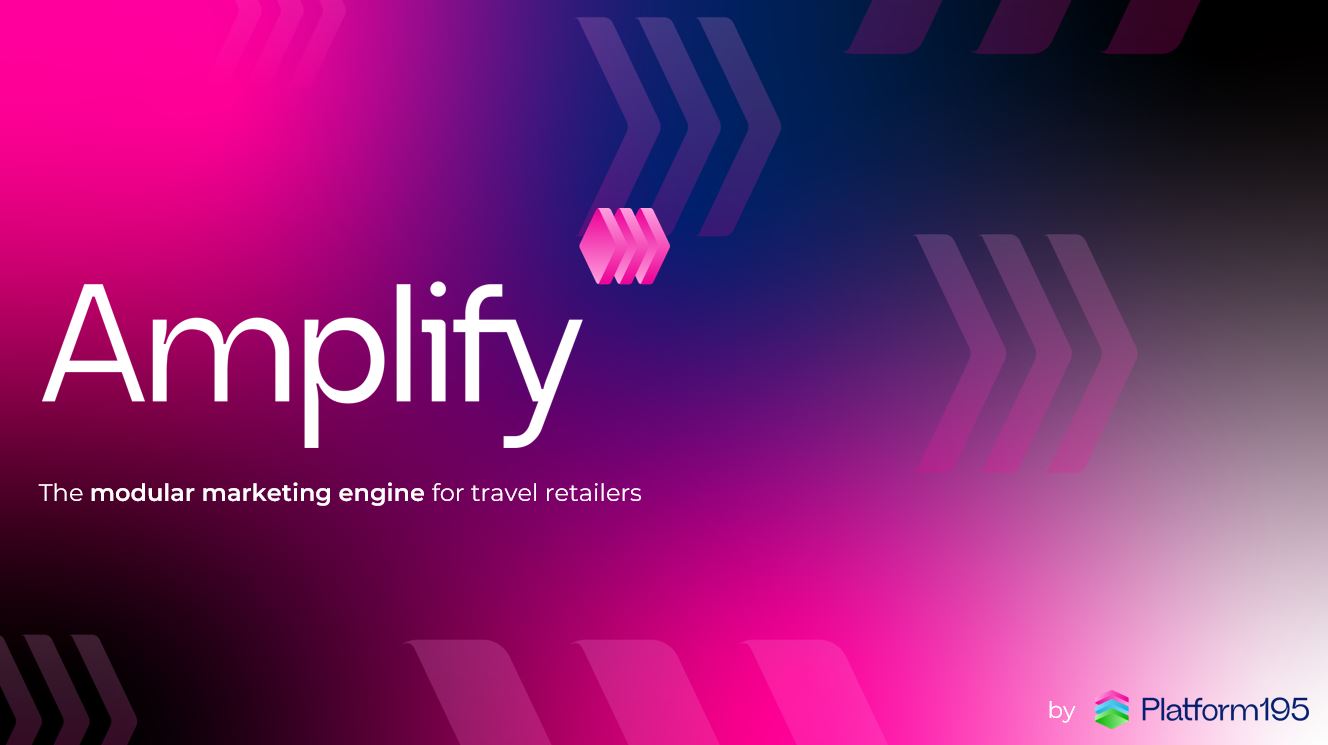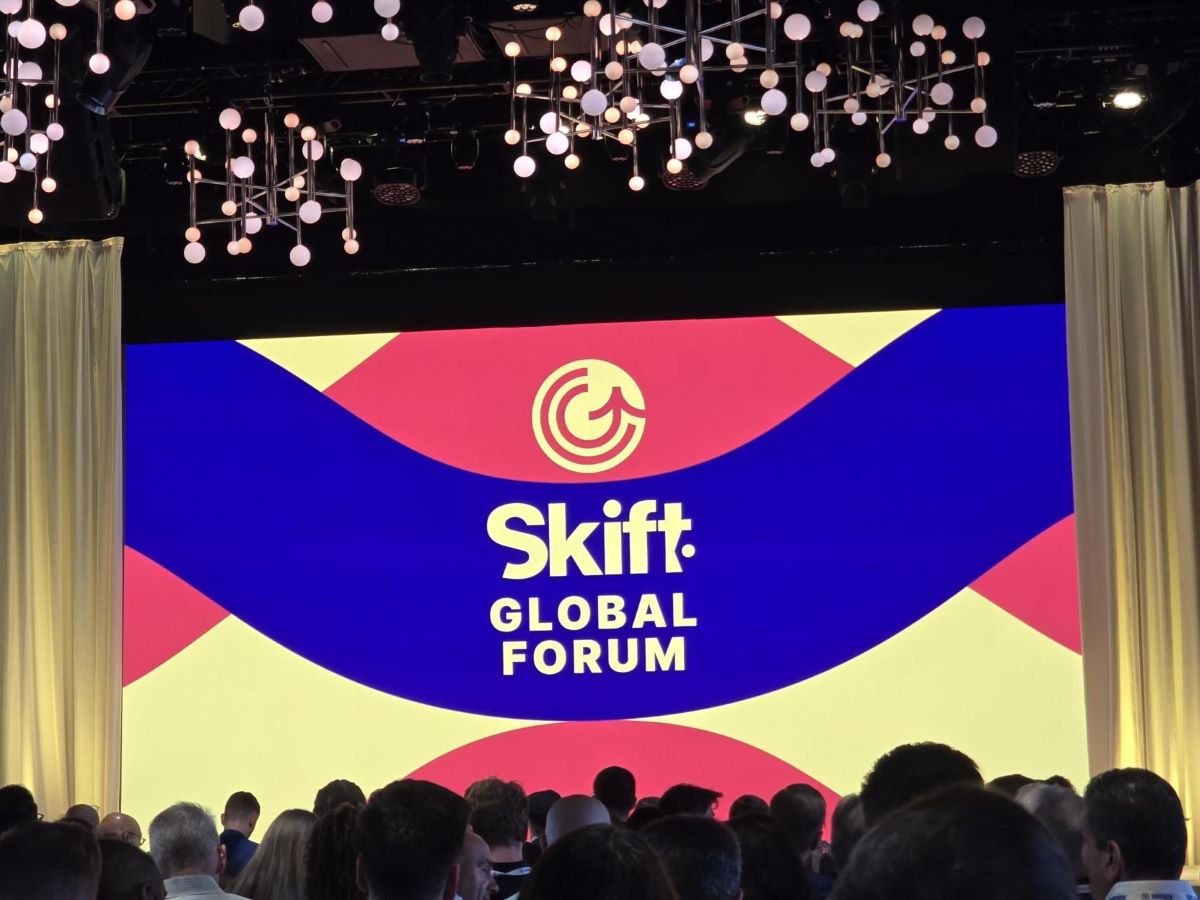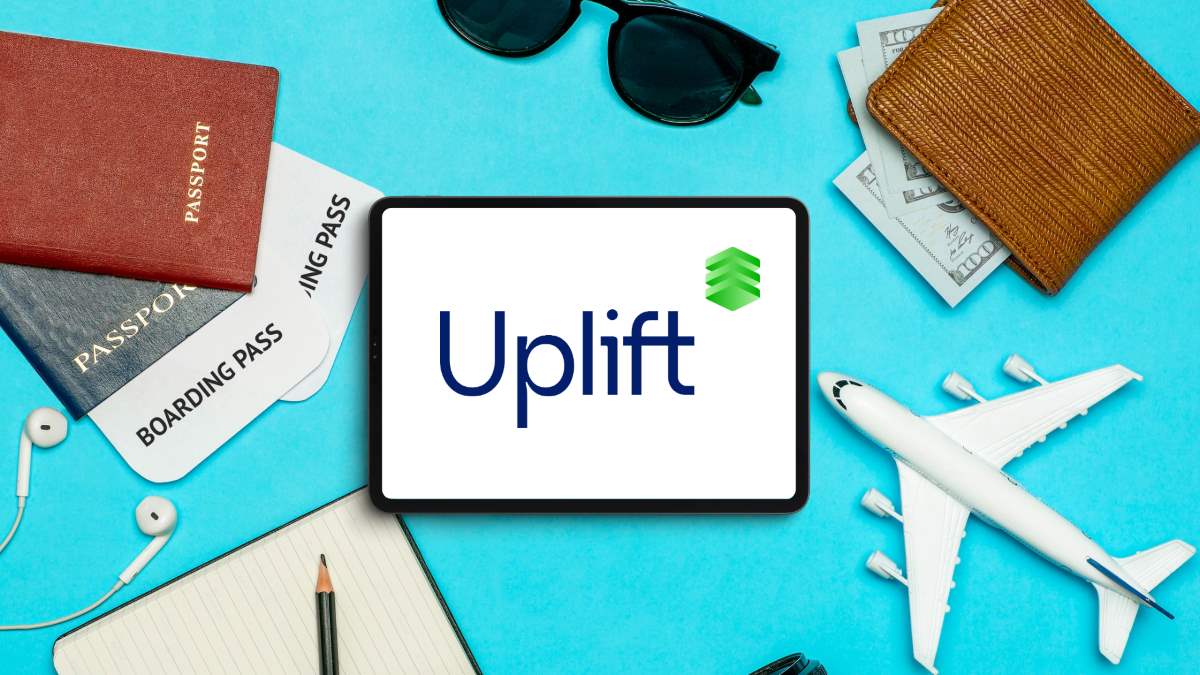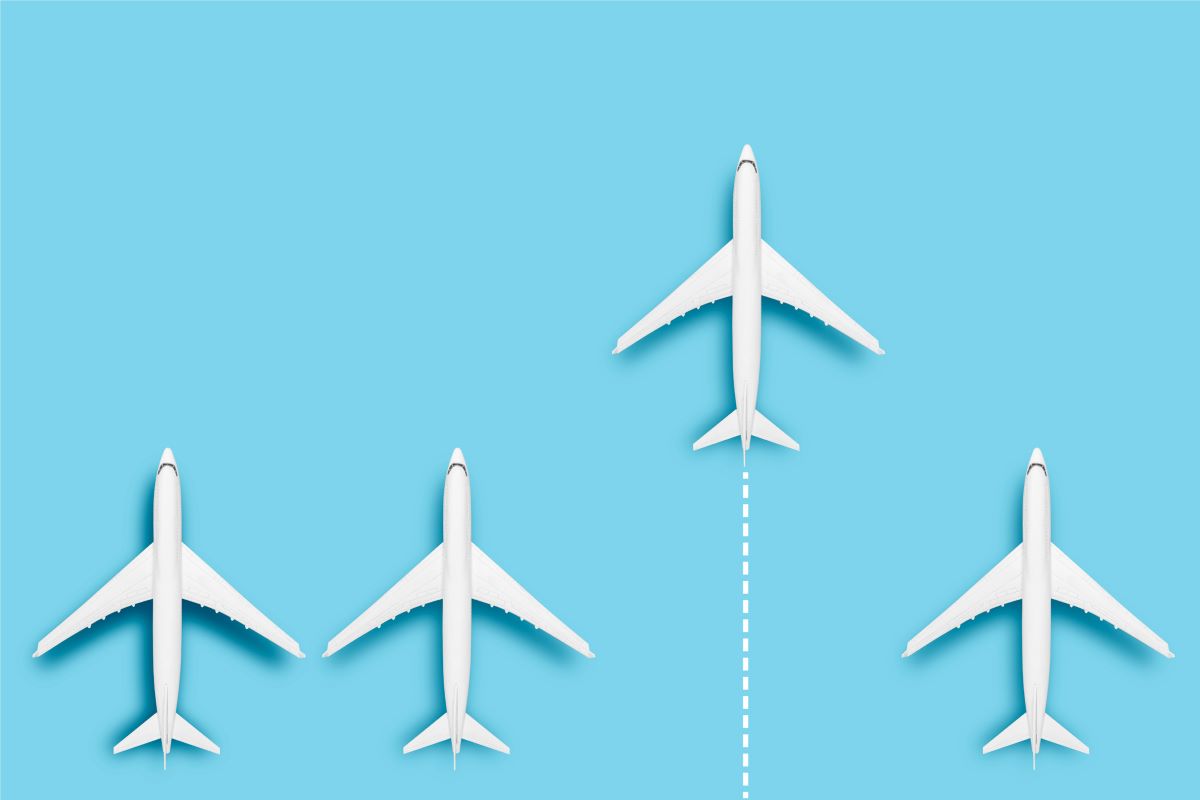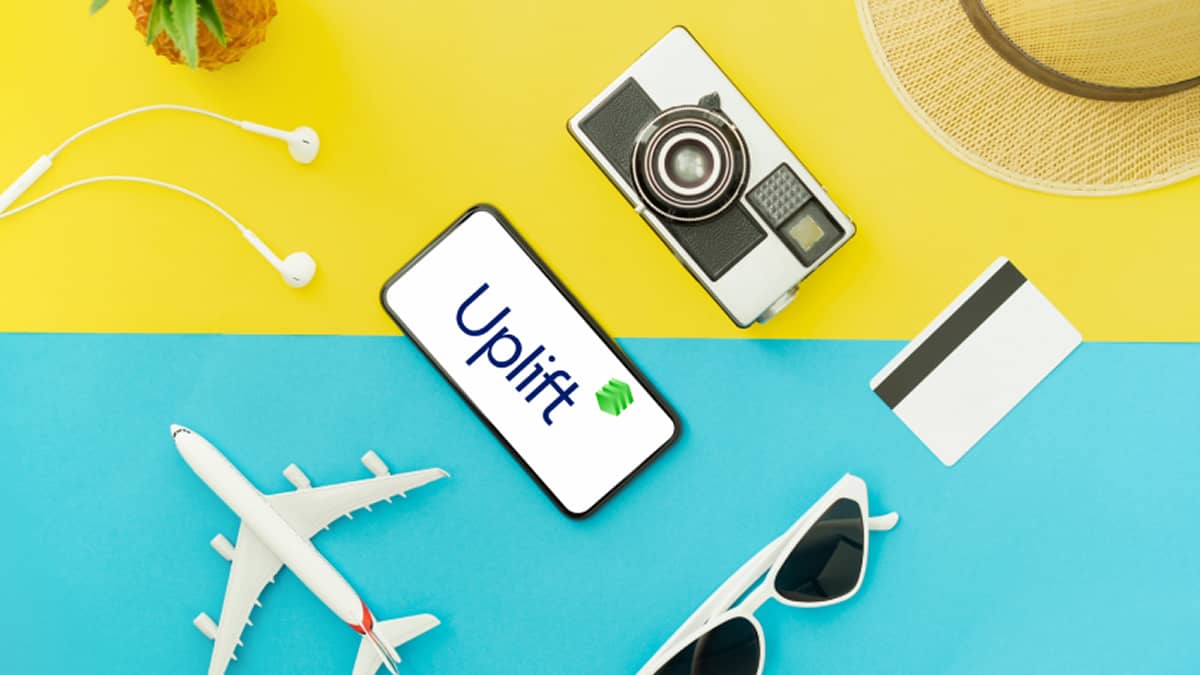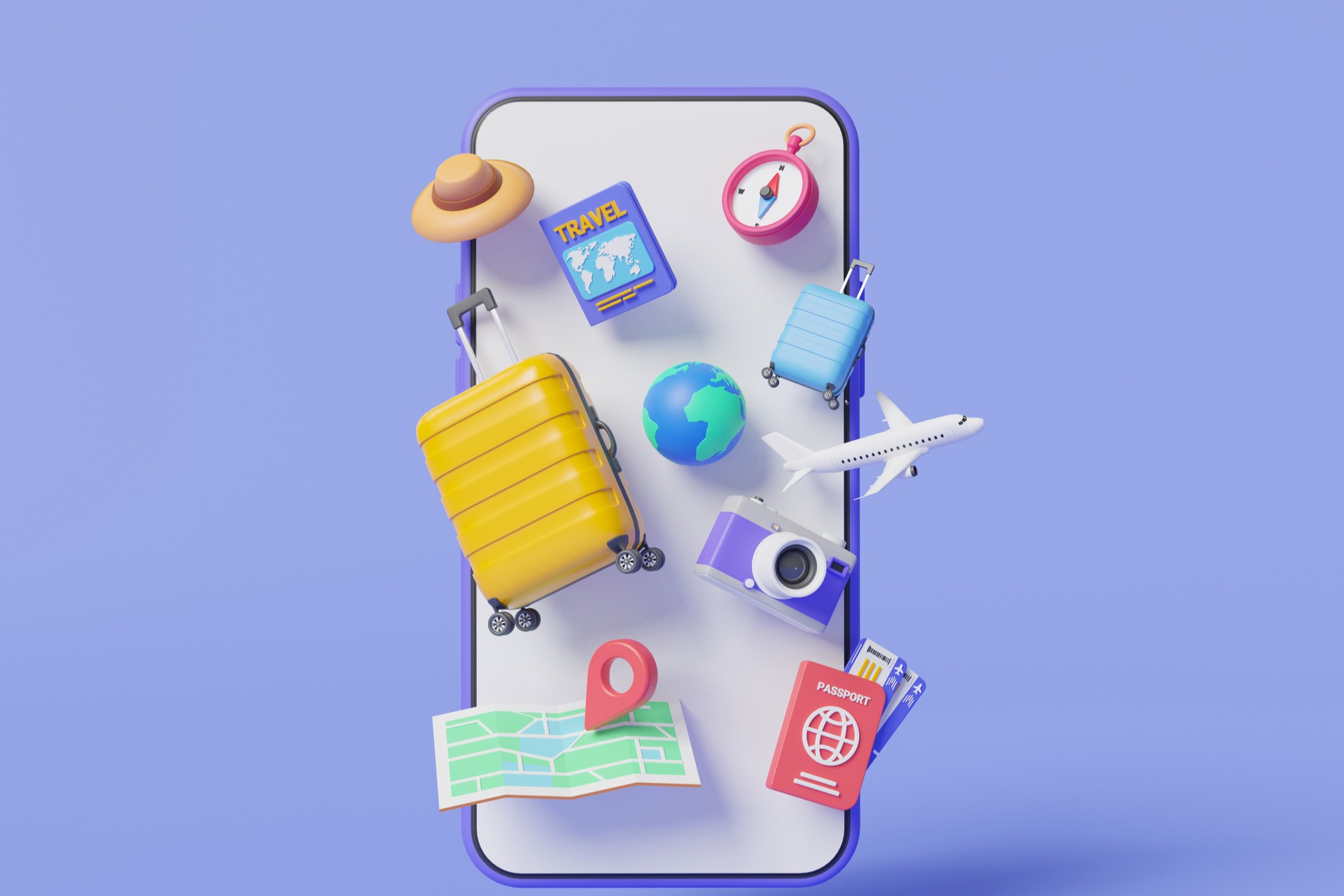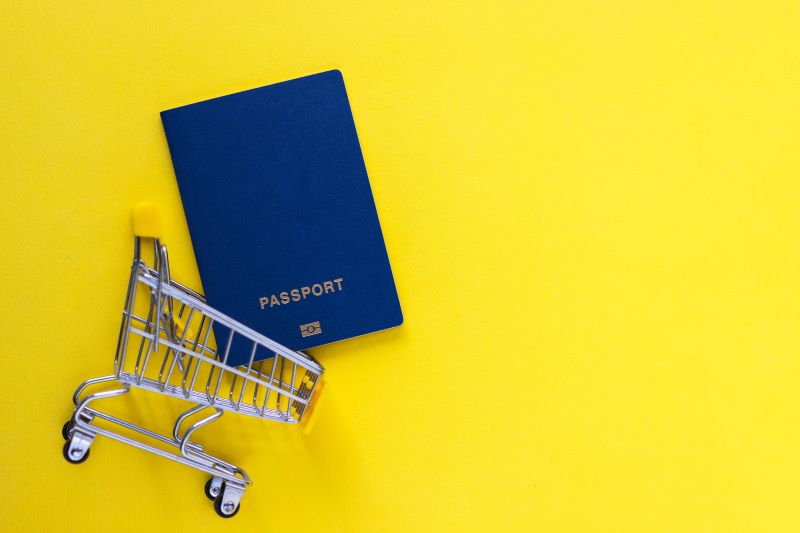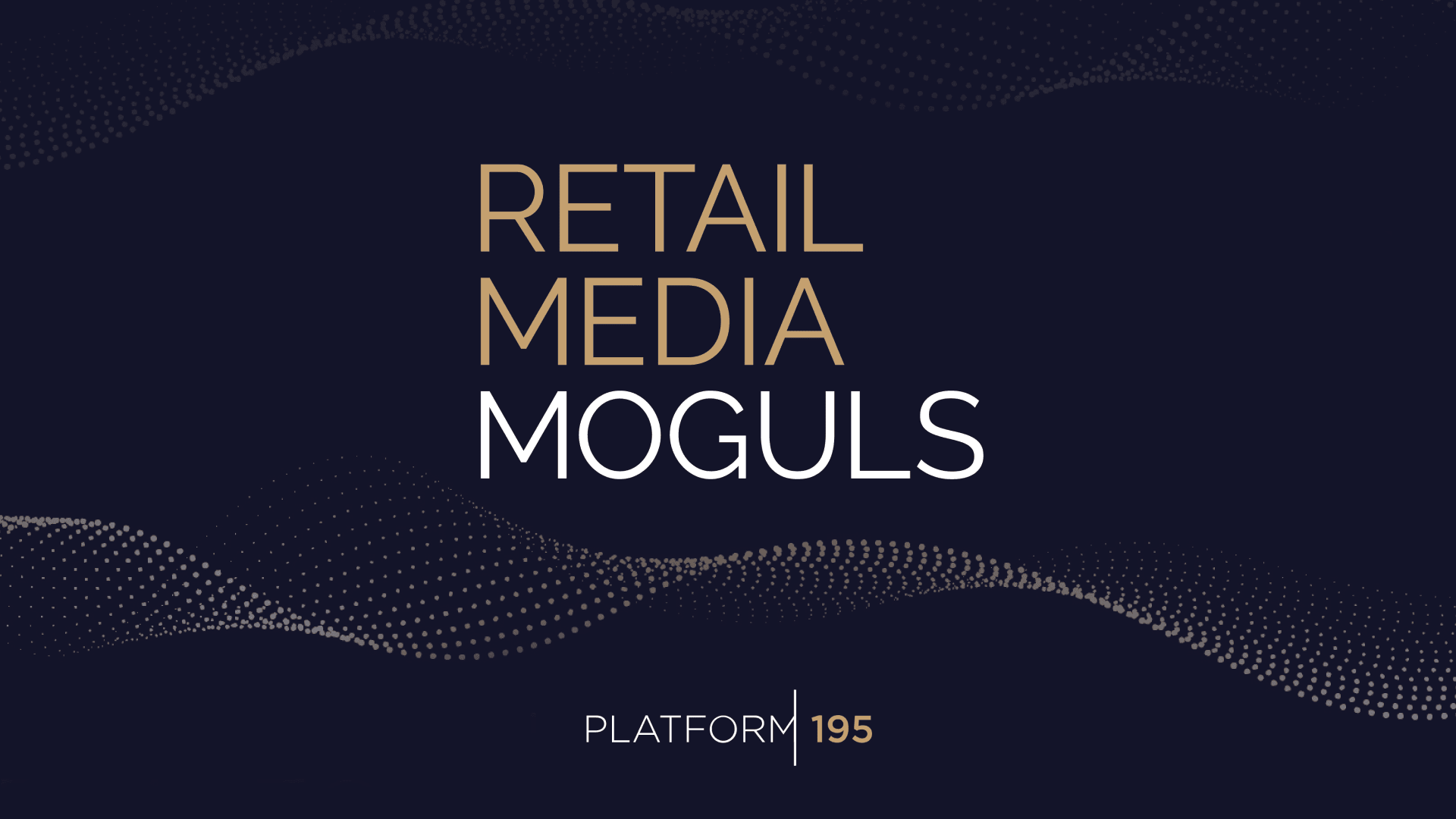Search is changing. Travel brands need to act now to keep up
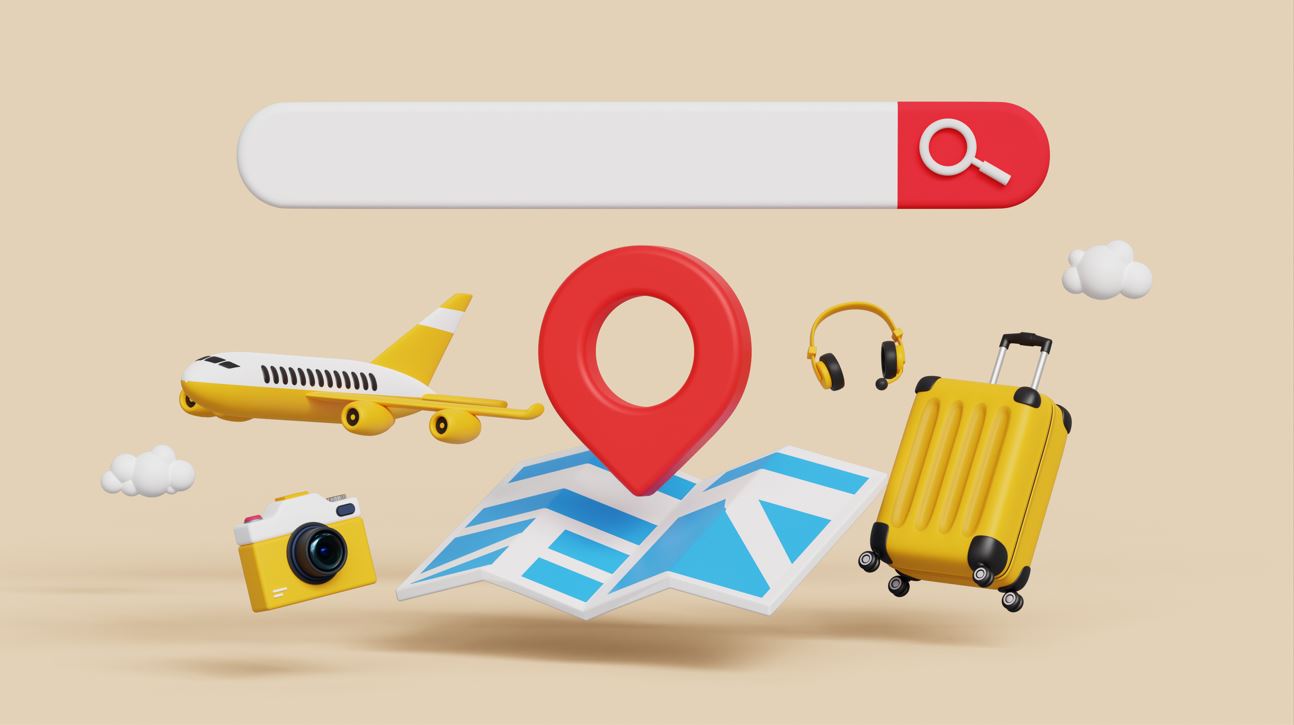
For most OTAs, tour operators, and airlines, search, PPC, and social media have long been the backbone of customer acquisition. These channels worked because they aligned neatly with a familiar discovery path, a traveller searched, compared results, and clicked through to book. But that path is fragmenting. AI-powered summaries and instant recommendations are already compressing, and in many cases removing, the space brands once had to capture attention.
A recent report from Forbes suggests that Google’s AI Overviews alone could cut organic traffic by as much as 64%, a loss that would directly hit the bottom line for travel brands. Whilst the New York Post reports that “zero-click” searches have surged from 56% to 70% since AI Overviews launched, meaning more users are getting answers without ever clicking through to a site. Search behaviour is shifting, and it is shifting quickly.
“This is a real issue for travel businesses. If you don’t adapt and embrace AI into your search practice, you face a significant risk of losing visibility,” says Stuart Adamson, CEO and Founder at Platform 195.
Can travel brands stay visible in an AI-first landscape?
The sheer scale of this shift can feel threatening. But, according to Adamson, it also creates a clear gap for brands that are prepared to act.
“The disruption of traditional search and social channels doesn’t just remove old advantages, it opens new ones for those ready to adapt quickly. The challenge is that the path forward isn’t obvious. It requires a little experimentation, investment, and the ability to navigate technology that most travel businesses haven’t had to deal with before,” explains Stuart.
How travel brands can respond
According to Stuart, success in an AI-first world won’t just come from throwing more money at the problem.
“It’s not about bigger budgets. It’s about adapting faster than competitors and making sure your brand is visible where customers are now making decisions,” notes Stuart.
To do this, there are four key areas that Stuart recommends addressing.
1. Structure your data for AI
AI search engines rely on structured data to surface accurate results. Brands that don’t invest here risk being overlooked.
“If your pricing, availability, or USPs aren’t machine-readable, you could have the best product in the market and still be invisible,” Adamson warns.
Google’s own AI search guidelines emphasise the role of schema, FAQs, and structured formats in helping AI systems interpret brand content correctly. For OTAs, this is a natural strength: you already manage vast, structured datasets and are well placed to feed algorithms what they need. The task now is to keep investing in accuracy, completeness, and real-time updates to turn that advantage into an edge as AI-driven discovery accelerates.
2. Scale creative output
Discovery is increasingly happening on social platforms, TikTok, Instagram Reels, and Meta’s ecosystem.
“The algorithms now reward creative velocity and relevance, not just spend. If you’re not producing a steady flow of short-form, engaging content, you’re simply not in the feed,” says Stuart.
Meta has reported that brands producing multiple ad variations see significantly stronger ROI, and Deloitte predicts demand for content will increase 10x over two years. This is a production challenge that many travel brands will need AI-enabled creative pipelines to solve cost-effectively.
3. Bring AI into the customer journey
Travellers increasingly expect instant, expert responses. People want agent-level support in real time, whether it’s about visas, pricing, or local recommendations.
“If you can’t provide that, they’ll turn to whoever can, and that might be a third-party AI platform rather than your brand,” adds Stuart.
Expedia has already launched AI-powered trip planning tools inside Instagram, while Booking.com has integrated OpenAI into its own platform.
“These examples show how leading players are using AI assistants to stay central to the customer relationship, a model other brands will need to follow to compete,” says Stuart.
4. Preserve brand differentiation
Perhaps the most pressing challenge is avoiding commoditisation. AI summaries tend to flatten brands into lists focused only on price and availability.
“That’s dangerous if you compete on service, sustainability, or experience. You have to make sure those qualities are baked into your data and reflected in your storytelling,” explains Stuart.
Accenture’s 2025 Consumer Pulse Survey shows that travellers already treat generative AI as their primary source of travel discovery. If your differentiation isn’t visible in that context, you risk being reduced to just another line in an itinerary.
Turning disruption into competitive advantage
The bottom line according to Stuart is that if you don’t adapt, your visibility will decrease and your acquisition costs will increase.
“If you make yourself discoverable to AI, scale the right kind of creative, and build tools that keep customers close, you can turn disruption into advantage,” adds Stuart.
For OTAs, airlines, and tour operators, the risk is clear, less visibility, less influence, and rising acquisition costs. But the opportunity is just as clear for those who adapt early.
The winners in this new landscape won’t necessarily be the brands with the deepest pockets. They will be the ones that understand how to structure their data for AI, build creative pipelines at scale, integrate intelligent tools into the customer journey, and ensure their differentiation shines through. Those that wait will be forced to play catch-up in a market where the rules are already being rewritten.
At Platform 195, we help travel brands navigate this complexity by aggregating insights, testing new approaches, and guiding teams through the practical steps that turn AI-driven disruption into lasting competitive advantage. The terrain has changed but the goal remains the same, to put your brand in front of travellers at the exact moment they’re ready to decide.
If you need help navigating the shift in search, contact Platform 195 today.
Ready to grow your brand?
Whether you're just starting out or looking to take your retail media and marketing to the next level, Platform 195 is here to help.


